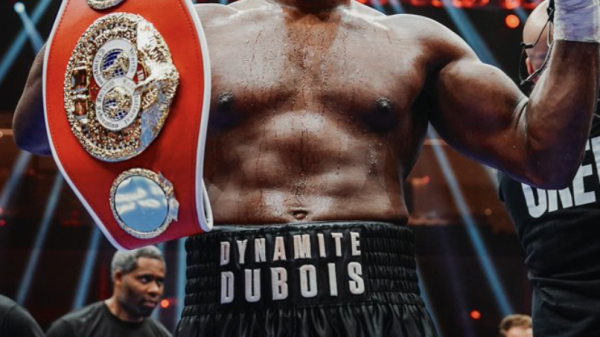By Bryanna Fissori
Legal Analyst
After months of rumors, discussions and concerns over the possibility of a Federal Trade Commission (FTC) investigation of Zuffa, parent company of the Ultimate Fighting Championship, all bets are off.
On January 25, the FTC issued a letter to Zuffa attorney Stephen Axinn, informing him that his client was no longer under active investigation. Throughout the period of uncertainly it was highly suspected that the catalyst for the analysis of Zuffa business practices was the acquisition of the Strikeforce promotion, which was a previous competitor of the company. Other valid suspicions surrounded the absorption of other like promotions including World Fighting Alliance, Word Extreme Cage Fighting, Pride Fighting Championship, and International Fight League all of which are now part of the UFC.
The investigation focused on two areas of potential violation. Section 7 of the Clayton Act serves to forbid any corporation from absorbing all or any part of another company “where the effect thereof may be substantially to lessen competition or to tend to create a monopoly.” There are numerous factors which must be present to establish a monopoly. Some of these include taking into account market share, barriers to entry in the market and ability to substitute goods or services. It appears this issue the FTC has not found Zuffa’s dominance in the market to be something that other promotions to not have the potential to overcome.
The second violation in question was one taking into account the method by which Strikeforce was acquired. Section 5 of the Federal Trade Commission Act prohibits “unfair or deceptive acts or practices in or affecting commerce.” The “unfair” portion of the act refers to injury to consumers because of lack of competition, while the “deceptive” portion deals with the disclosure of information during negotiations between the companies.
The letter also clarifies that just because the investigation is closed, this does not mean a violation did not occur, “just as the pendency of an investigation should not be construed as a determination that a violation has occurred. The Commission reserves the right to take such further action as the public interest may require.”
For now, the UFC seems to be in the clear, though the investigation may be re-opened if necessary pending further consumer concern.









